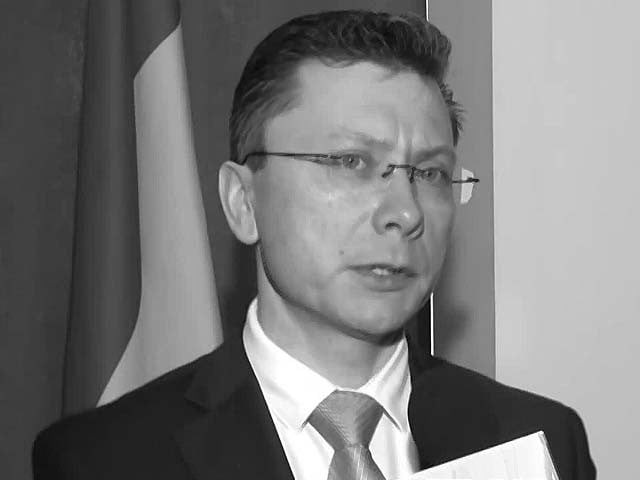Deputy Ambassador of Russia to India Roman Babushkin compared the Taliban with Hezbollah on Wednesday. He also said that his country doesn’t believe that any foreign military involvement, including from India, is warranted in Afghanistan. His friendly advice is that New Delhi, which he described as a “big player” in Afghanistan, should consider talking to the group since it’s now a “reality” in that country. These policy pronouncements are very important on their own but take on an even greater significance considering that they were said by a top Russian diplomat in India.
Mr. Babushkin is correct in comparing the Taliban with Hezbollah. Just like the latter evolved into a political party that people vote for, so too does Russia envision the former doing the same as a result of the Afghan peace process despite Moscow still officially regarding it as a terrorist group even though it regularly hosts its representatives for talks. Hezbollah’s supporters argue that it’s also a national liberation movement, and the same can objectively be said about the Taliban’s motivations as well. Furthermore, while some countries still regard Hezbollah as terrorists, so too will some likely retain the same designation for the Taliban.
As for Mr. Babushkin’s other points, he’s also right in describing India as a “big player” in Afghanistan. It has many investments in the country and formerly retained a very extensive intelligence presence there as well, the latter of which Russia is unlikely to publicly acknowledge due to India’s sensitivities over the issue. The emergency evacuation of some Indian diplomats might also have been a cover for extracting intelligence assets from Afghanistan. In any case, there’s no denying that India is a big player in this so-called “Great Game”, even if it’s role is presently evolving in light of rapidly changing circumstances.
Regarding those, which relate to the Taliban’s lightning-fast nationwide offensive of the past few weeks, Mr. Babushkin correctly advised foreign parties against launching a conventional military intervention against the group. Some earlier speculated that India might make a last-ditch effort to save its allies in Kabul, but this is unlikely because the obvious costs and associated strategic risks far outweigh the expected gains. In addition, India would have to rely on transit through Iranian airspace, and few expect the incoming principalist (“conservative”) government there to indirectly facilitate such a scenario that would advance the US’ aims.
Accordingly, the most pragmatic recourse available to India is to enter into talks with the Taliban, perhaps even facilitated by the South Asian state’s Russian ally which has recently cultivated “very good relations” with them according to the group’s spokesman as quoted from an interview that he gave during his latest visit to Moscow. Russia doesn’t want to see India waging a proxy war in Afghanistan, whether against Pakistan or the Taliban, since this would undermine the Eurasian Great Power’s plans to connect with the Indian Ocean Region (IOR) via the trilateral Pakistan-Afghanistan-Uzbekistan (PAKAFUZ) railway for linking Central & South Asia.
Altogether, Mr. Babushkin’s policy pronouncements are pragmatic and wise. They were general reflections of Russia’s evolving stance towards the rapidly changing circumstances in Afghanistan but were also tacitly directed towards his Indian hosts as well. New Delhi would do well to listen to its historic ally in Moscow since Russia has always had India’s best interests in mind. Unlike during the Old Cold War, Russia no longer intends to support India against any third country. Instead, it hopes to encourage India to become a responsible player in post-withdrawal Afghanistan, which necessitates it having cordial ties with both the Taliban and Pakistan.



COMMENTS
Comments are moderated and generally will be posted if they are on-topic and not abusive.
For more information, please see our Comments FAQ